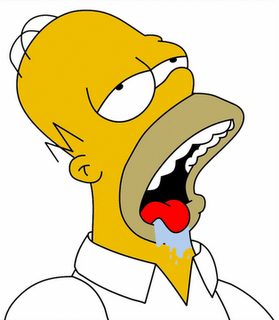Body image can be an important concern for young men. Many young men want to 'bulk up' (build muscle bulk) to fit a perceived image of the perfect body type. They may resort to taking supplements and protein powders believing that more protein means more muscle. It is not quite as simple as that. In fact the ability to build muscle requires:
- a certain genetic makeup —the ability to build muscle bulk depends in a large part on genetic potential. Some people will never look like Arnold Schwarzenegger, no matter what they do.
- weight training—muscles will grow if stimulated regularly by lifting heavy weights or many repetitions of lifting lighter weights .
- a high energy diet—you need more carbohydrate and more protein to make muscles grow. Muscles need carbohydrate as fuel for training.
However, only a small amount of extra protein is required for a body builder. For the general population 1 g of protein per kg of body weight is recommended as part of a balanced diet. Strength athletes and bodybuilders may need up to 1.5 g of protein per kg bodyweight. A well-balanced diet can provide the extra protein that your body needs to build muscle. But it has to be well-balanced because many high protein foods (e.g. meat, dairy foods) can also have a high fat content. Many strength athletes and bodybuilders have diets that are too high in fat for good health, and too high in protein as well.
Protein supplements and bars do provide extra protein, but are expensive. The additional protein in them is usually far in excess of the body's requirements and can result in excess fat being stored by the body. A healthy balanced diet is in most cases, quite adequate for people undertaking weight training or bodybuilding. Make an appointment with a qualified dietitian instead. It might save you money in the long run, improve your health and could give you the edge if you are planning on competing.
Many foods contain both protein and carbohydrate, and are useful for recovery after training:
Food
Protein (g/100 g)
Carbohydrate (g/100 g)
Bread9–1340-50Breakfast cereals, e.g. Muesli1253Low fat milk3.56Low fat yoghurt513Peas66 - 14Haricot beans813Lentils710

